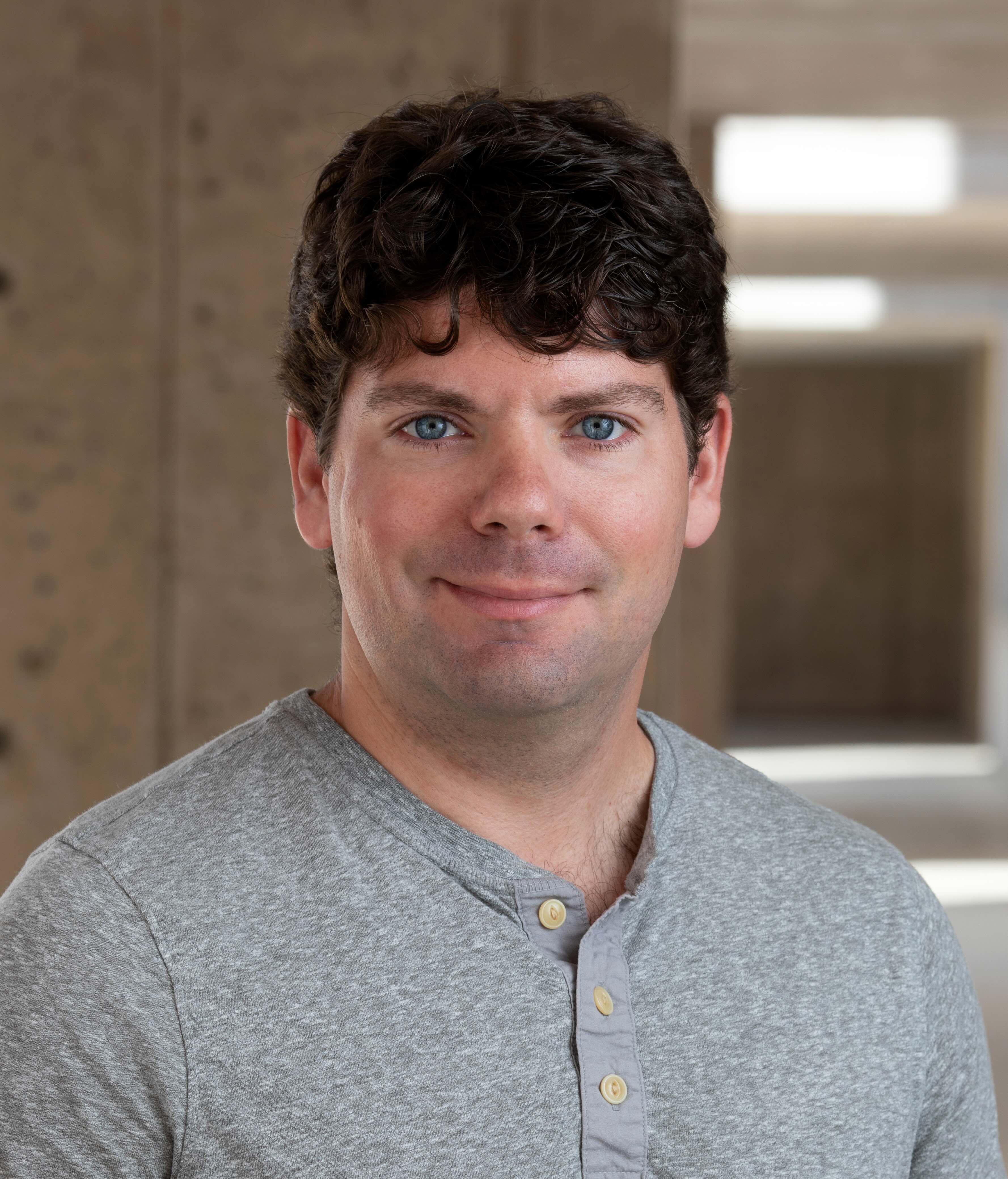Zachary W. Davis

Assistant Professor of Ophthalmology & Visual Sciences
Neurobiology of Disease
Systems Neuroscience, Visual System, Perception and Cognition, Aging
Education:
BA 2006 University of California, Berkeley, PhD 2015 University of California Davis, Post-doctoral Fellow 2015-2023 Salk Institute for Biological Studies
RESEARCH:
Mechanisms underlying sensory perception
Our perception of the world is not based only on the sensory information we receive but is a construct of many systems in the brain shaping that information through the lens of our prior experience, our momentary expectations, and the objectives we are trying to achieve. Our goal is to study how the interaction of disparate neural systems through anatomically connected networks impact sensory processing and decision making and how these mechanisms become disrupted with aging and disease. We achieve this by recording the activity of cell-specific neural populations within and across cortical areas during visual behaviors to disentangle their contribution to the computations underlying perception and cognition. We form hypotheses about the mechanisms involved in this process by building biologically grounded models of cortical function and test the predictions of those models by manipulating cortical activity to establish causal relationships.
Identifying diagnostic biomarkers and intervention targets for impairments of the visual system
Understanding the basic science mechanisms of normal healthy function is a necessary step to identifying how sensory systems break down with aging or disease. Further, by knowing how the system works normally, we can more easily identify targets for intervention to delay or prevent disease progression. This is achieved by tracking normal changes in cortical function and behavior with aging, inducing visual impairments to track disease progression, and evaluating treatment strategies grounded in our theoretical models of normal healthy function formed from our basic science research.
Through this synthesis of basic science research and causal interrogations of mechanisms of disease and disruption we hope to develop a new understanding of how the brain processes sensory information in the service of goal-directed decision making and preserve this function with aging, disease, or damage of the nervous system.
